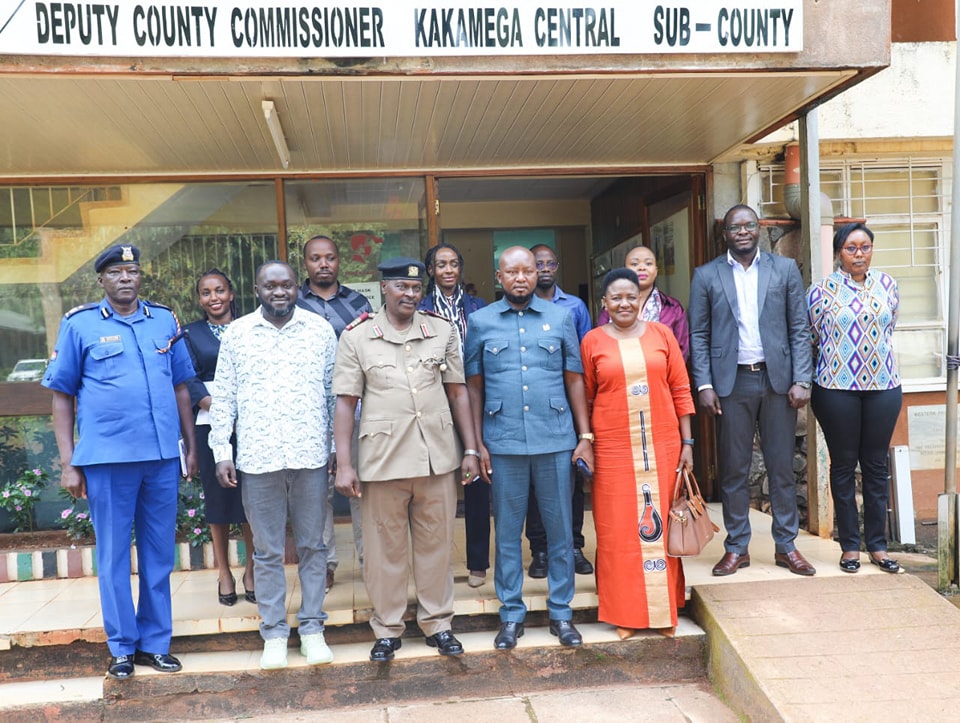Sugarcane farmers from Western Kenya have expressed their support for the reinstatement of the Kenya Sugar Board (KSB) to oversee the regulation of the sugar sector directly, rather than operating through the Agriculture and Food Authority (AFA). They raised concerns that the dissolution of the board had impeded research on sugarcane seed varieties, leading to an increase in illegal imports within the industry.
During a public participation session held by the Senate standing committee on Agriculture, Livestock, and Fisheries at the Kakamega social hall, stakeholders in the sugar sector highlighted the limitations of the Sugar Directorate under the AFA Act of 2013, emphasizing the need for autonomy to effectively address challenges in the sugar industry. Additionally, the farmers advocated for relocating the Kenya Sugar Board head office from Nairobi to Western Kenya to better serve the interests of local farmers.
Moreover, stakeholders proposed the reinstatement of the Sugar Development Levy to pool funds generated from sugar sales for investments in sugar development research. Kilion Osur Anyango, the Secretary-General of the Kenya National Federation of Sugar Cane Farmers, supported the concept of zoning sugarcane while advocating for independent farmers to have the flexibility to supply their cane to multiple sugar mills within a region, as long as they are not under contract with a specific mill.
During the meeting, members of the Parliamentary Standing Committee on Agriculture, Livestock, and Fisheries Bungoma Senator David Wakoli, and Nominated Senator Beth Syengo, engaged with the stakeholders on the proposed Sugar Bill 2022.
Senator James Murango Kamau, the committee chair, assured the participants that their input would be crucial in shaping the legislation before it is passed into law. Discussions also centered on the need for strict guidelines on sugar importation to prevent market distortions, with suggestions for empowering farmers’ sugarcane outgrowers’ associations to import a portion of sugar in case of shortages, thus limiting the influence of cartels in the local market.


